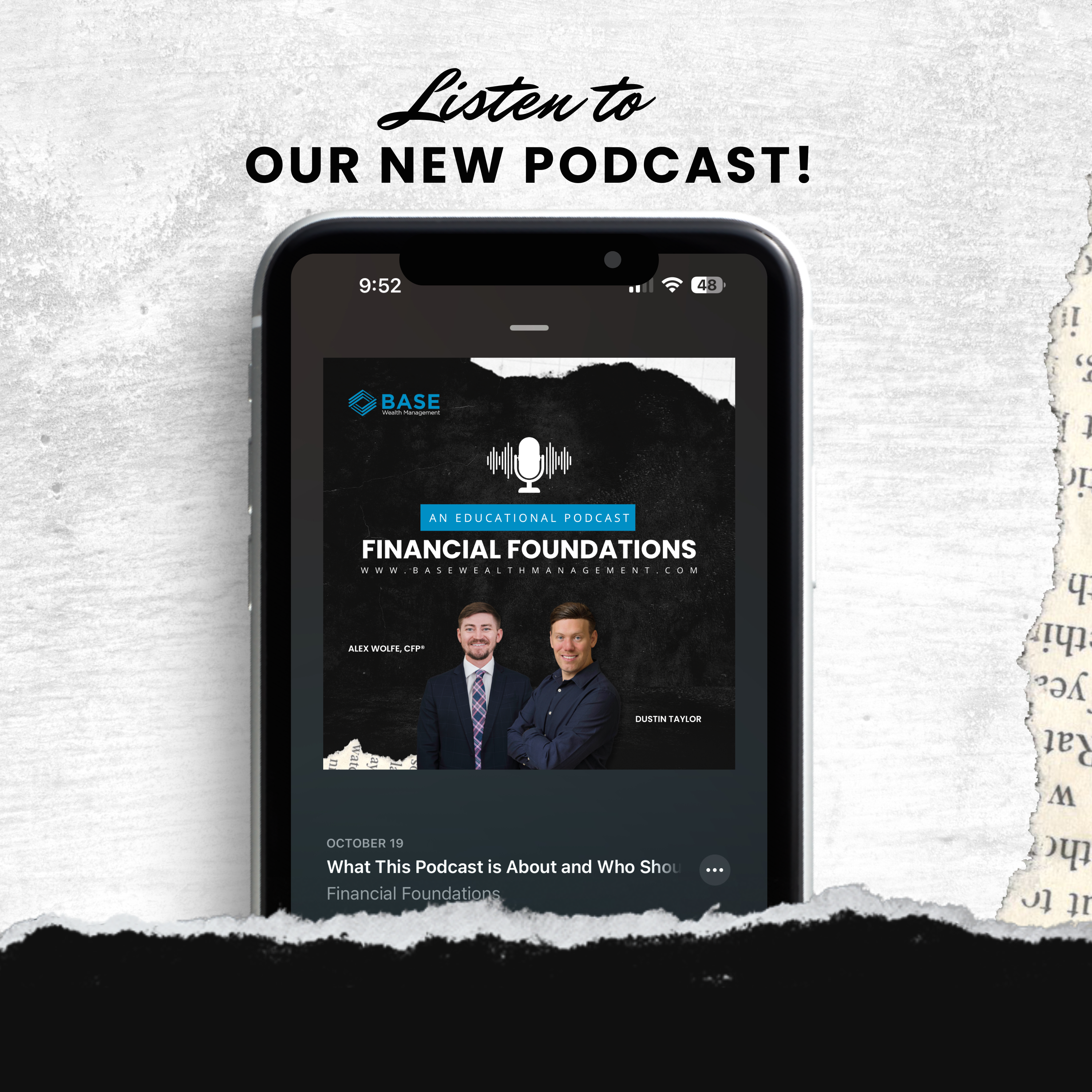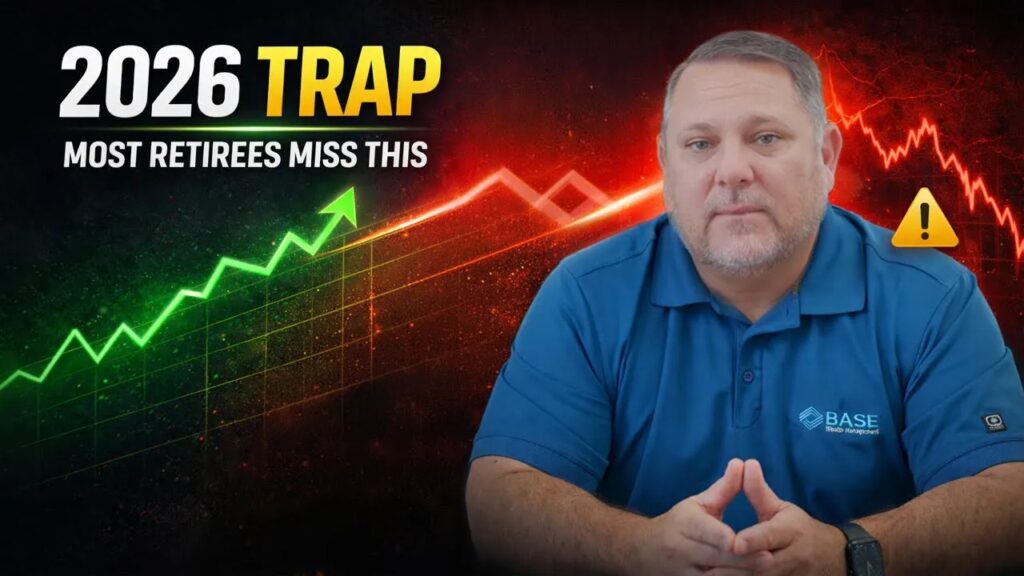Job Growth Surprises In April
U.S. job growth exceeded expectations in April, with nonfarm payrolls rising by 177,000 and the unemployment rate holding steady at 4.2%, showing labor market resilience despite recent tariff tensions. Sectors like healthcare and transportation led job gains, while manufacturing and federal government jobs declined slightly. Average hourly earnings grew just 0.2%, falling short of forecasts, and revisions lowered job totals for previous months. The strong report delayed expectations for a Federal Reserve rate cut until July, though President Trump renewed pressure for lower rates amid low inflation.
U.S. Economy Slows in First Quarter
The U.S. economy contracted by 0.3% in the first quarter of 2025, largely due to a surge in imports ahead of President Trump’s new tariffs, marking the first GDP decline since early 2022. While consumer spending and private investment remained positive, a sharp drop in federal spending and weak export growth also weighed on the economy. Inflation accelerated, with the Fed’s preferred PCE index rising 3.6%, complicating the outlook for potential interest rate cuts despite mounting recession risks. Markets reacted cautiously, and Trump signaled his confidence that tariffs would ultimately boost domestic growth despite the short-term headwinds.
Buffett to Step Down from Berkshire
Warren Buffett, 94, announced he will step down as CEO of Berkshire Hathaway in 2026, with Greg Abel set to take over, while Buffett remains chairman. The announcement, made at the company’s annual meeting, marks the end of Buffett’s 60-year leadership, during which he transformed Berkshire into a $1.2 trillion conglomerate. Following the news and a drop in first-quarter operating earnings—partly due to wildfire-related insurance losses—Berkshire’s shares dipped after recently hitting record highs. Despite the leadership change, analysts expect little operational disruption, as the company remains financially strong and less dependent on Buffett’s investment decisions.

















